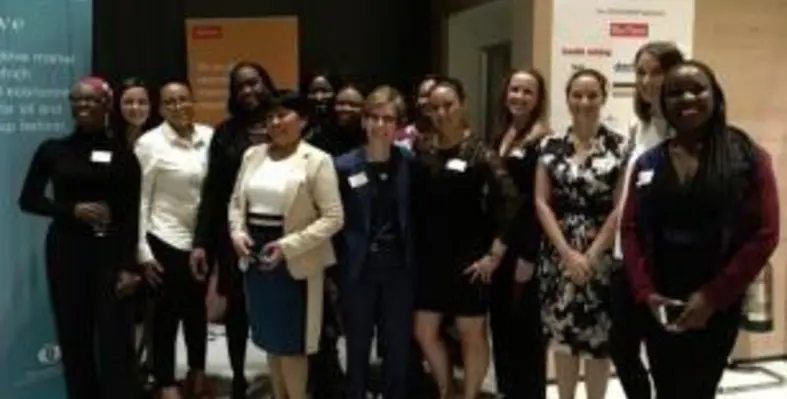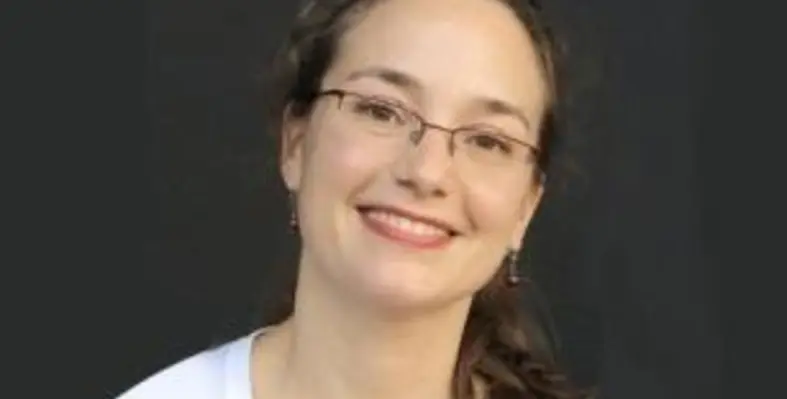Barbara Dischinger, founder and director of International Women in Mining (IWiM) talks about diversity, careers, challenges and IWiM ahead of the 25th Anniversary event of the 2019 Mining Indaba
You set up international women in mining (IWiM) in November 2007 - has the industry changed in regards to diversity since then and if so, how?
Dischinger: Yes dramatically. In 2007 diversity was in its infancy. It is now accepted -- via lots of research -- that diverse and inclusive teams perform much better than homogenous ones. Many companies have put initiatives and plans into action to reach that goal. Back in 2007, there were around 15 women in mining chapters around the world and there are now around 60 in 40 countries, showing an organic need for women to set up networks.
IWiM has helped many of these local chapters during their set up phase and we continue to do so across all continents. We connect groups to members and other groups. Another big change is that it has become acceptable to talk about women in mining, women on boards, women in leadership. Conversations are now emerging about sexism and harassment in mining via #metoomining showing that the inclusion conversation is becoming more mature.
Why did you choose a career in mining? Why should young women starting out in their careers now pursue careers in this sector, what’s exciting about the industry we’re in?
Dischinger: Mining is very vast and maybe unlike other sectors needs every skill: from exploration to project, construction, community relations, environmental and social, process, laboratory, research and development, tech and innovation, rail, port and logistics, mine planning, mine closure, remediation, recruitment and HR, finance and legal, marketing, sales, IR, comms and PR etc to just name a few broad areas – so there is a place for everyone!
Its global nature also makes it very appealing with lots of opportunity to travel and explore. As everything that isn’t farmed is mined, mining is here to stay so mining skills will always be required and it generally pays good salaries.
What do you think are the biggest sector challenges women are facing?
Dischinger: The biggest challenge is the prevailing culture which means less women join or are successful when they do want to join; less women get promoted or have linear careers, which is very similar to other STEM sectors. Women get paid less, female employees face sexism or harassment at work, and sadly in certain instances all the way to abuse.
Many companies still don’t provide female PPE so women work in inappropriate and unsafe work wear. Women have less access to opportunities, stretch assignments and internal openings. Women are sponsored very rarely. There are very few women in senior leadership positions or at the helm.
Yes, there are specific challenges for women with young children who want to stay actively working on fly in fly out rosters etc. and many go into office jobs or leave mining. But all issues can’t be assigned to women with children as those without families also don’t progress.
What needs to change within the mining industry to make the sector more attractive to women?
Dischinger: The industry needs to make joint efforts to change its image showing its benefits, opportunities and its strong place in the world economy and move away from old stereotypes. Most large mining companies started many years ago putting initiatives in place to attract more women. Many are reaping the results. But, smaller companies and especially junior miners lag behind.
Progress has been easier in office environments and more needs to be done at campsite, construction sites and mine sites. Mining needs to share data about how many women work in the sector. We can’t see progress or track and measure it if there are no figures. This is why we have a research team and have worked with bodies like the World Bank, European Bank of Reconstruction and Development and Adam Smith International on projects.
What is the commercial benefit for mining companies to increase the diversity of their workforce?
Dischinger: There are so many and today the business case for diversity seems intuitive. Teams of mixed gender, ethnicity, physical ability, age and sexual orientation are more representative of customers. They offer a variety of viewpoints and a wider range of experience, which improves decision-making and problem-solving.
The research most often cited as evidence is provided by separate studies by consultants Catalyst and McKinsey which have found that high returns on equity correlate with greater diversity and expanded market share. The evidence that recruiting, retaining and promoting more women feeds through into hard results is hard to ignore.
Companies in the top quartile for gender diversity in executive teams are 21 per cent more likely to have financial returns above their industry’s national median than companies in the fourth quartile.
Gender-focused companies out-performed the MSCI World Index (covering 1600 large and mid-capital companies in 23 countries) by 2 per cent a year on average between 2011 and November 2017.
The most pressing reason for employing more women as scientists, engineers and technologists is that – at a time of continuing skills shortages – companies cannot afford to do otherwise. Improving gender diversity and establishing a more inclusive culture within an organisation mean better employee engagement, with the potential to improve productivity and transform the business.
 How do international women in mining (IWiM ) support women in the sector?
How do international women in mining (IWiM ) support women in the sector?
Dischinger: Our remit is broad and we have an international scope: We support women via our global projects and by connecting them with groups, opportunities, other women in the sector and information.
IWiM is the fastest growing network for women in the mining industry, with 10,000 members in more than 100 countries, supporting 50+ WiM groups around the world. We are a small, mainly volunteer-led, team-based from Vancouver to Brisbane. Our focus is to create and realise opportunities for our members and all women in the mining sector, and so make mining more inclusive.
What’s in store for IWiM in the year ahead?
Dischinger: We are kick-starting our second mentoring programme in Cape Town on the eve of Mining Indaba to allow our mentors and mentees to network more broadly after their training and are already working on 2020. This is the only international mentoring programme for women working in the mining of its kind.
We successfully launched and completed the first International Women in Resources Mentoring Programme (IWRMP), a 6-month structured mentoring and leadership programme for women in 2018.
In 2019 we are planning a new visual campaign this time video-led to be unveiled for International Women’s Day. We continue to work with conference organisers around our #IWiMSpeakUp project to get more female speakers at mining conferences in 2019.
We are still looking at ways to capture disaggregated data of women working in mining. We have more exciting things planned for 2019 but are not ready to unveil them just yet!
‘Register now with our code AFRICANREVIEW10 for 10% off’ for the 2019 Mining Indaba event.














